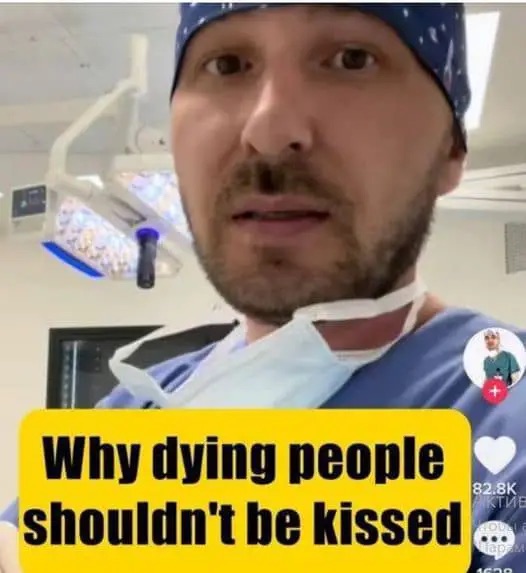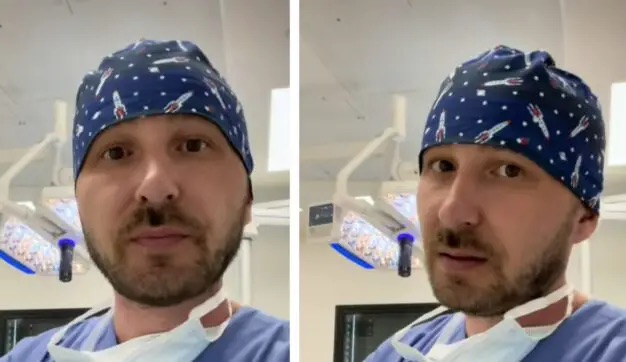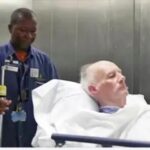A doctor from Moldova, Dr. Viktor Ivanovik shared an important but sensitive message on TikTok about the risks of kissing someone who has passed away.
In his video, he explains why this act, often seen as a final goodbye, may pose serious health risks. His message sparked widespread discussion and debate, with people expressing mixed feelings about the practice.
Dr. Ivanovik begins by explaining that after a person dies, their body begins to decompose. This natural process starts around nine hours after death, and during this time, bacteria from the decomposing tissues start to surface.
These bacteria, he warns, can be harmful to people who come into contact with the body, especially through something as intimate as a kiss. Kissing someone who has died, according to Dr. Ivanovik, could expose people to pathogens that may be dangerous to their health.

He acknowledges that kissing a deceased loved one is a deeply emotional act, often seen as a final show of love and respect. Many people feel compelled to kiss the person they’ve lost as part of their grieving process. However, Dr. Ivanovik urges people to be mindful of the risks they might be taking by engaging in this practice.
As expected, his video generated a lot of reactions. Some viewers disagreed with his advice, stating that no matter the risk, they would still kiss their loved ones as a final goodbye.
For example, one person commented, “I kissed my father and would do it again, no matter the risk! He is my father!” This shows how strong the emotional bond can be, and for some, the potential health risks seem insignificant compared to the desire to say a proper farewell.
On the other hand, some viewers were grateful for the information and said they would reconsider their decision to kiss a deceased loved one. They appreciated Dr. Ivanovik’s perspective, especially because most people are unaware of the potential dangers.

Dr. Ivanovik also mentioned another issue that people don’t often consider: the impact on a person’s sense of smell. The body’s decomposition process can produce a strong, unpleasant odor.
Some people who kiss a deceased person have reported changes in their sense of smell or taste afterward, which can linger in their memory longer than they expect. This adds another emotional layer to the already difficult experience of saying goodbye.
Despite the risks, many people find it difficult not to kiss their loved ones one last time. As one follower commented, “Honestly, I don’t think anyone can resist not kissing their parent on the hand or forehead one last time. I kissed my father’s hand for the last time.”
Dr. Ivanovik’s advice may not change everyone’s mind, but it offers valuable insight into an often-overlooked aspect of dealing with loss.


